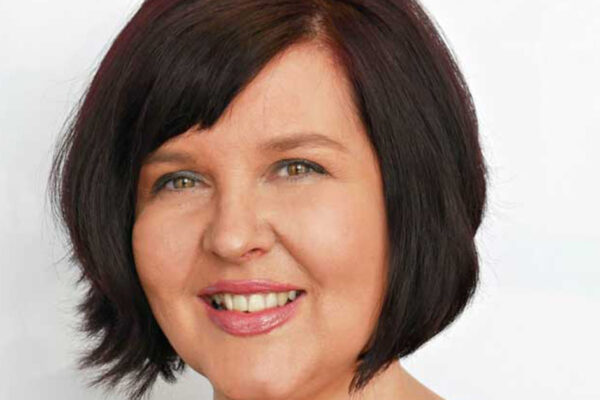In Celebration of Neurodiversity Week
By Evelyn M Walker, Walker Gordon Associates Ltd
Anyone from any background should get the opportunity to learn, study and work in roles that they can develop and grow, so we should all work together, to champion neuroinclusion in education and in the workplace. This week is Neurodiversity Celebration Week, and it an opportunity for all of us to reflect and understand that all our brains works differently and that we all do not learn the same way. By reflecting, this will also allow us to develop a greater understanding of how differently our shared world can be experienced.
Around 15% to 20% of those in education and the workplace are neurodivergent and this could be Autism, ADHD, Dyslexia, Dyscalculia, Dyspraxia, Dysgraphia and Tourettes. As we reflect, we should also ask ourselves, are our education and workplace policies equitable, diverse, and inclusive for all team members and if not, what can we all do to make our education and working environments more equitable, inclusive, welcoming, a nurturing place where everyone feels that they are accepted and belong, and that their personal values are aligned.
In respect of the workplace, neuroinclusion should be a major focus for any company looking to attract and retain their best team members and to create diversity of thought and a balanced view, which focuses equally on, all team members’ talents, delivery, and strengths. Research has shown that companies that create an inclusive working environment, where neurodivergent team members can thrive and be themselves at work, will in turn reap growth benefits, for example, higher productivity, higher levels of team creativity, innovation, business resilience and team member retention.
So how can we all work towards making our workplace more neuro-inclusive? As an example, this could include ensuring that all our meetings are neuro-inclusive, which supports clarity of communication and inclusive participation. The key to successful neuro-inclusive meetings lies not only in the strategies we implement but in the mindset we cultivate. Our goal should always be to transform our meetings into spaces where everyone feels valued and understood and actively listened to and accommodating different needs and ensuring clear and inclusive communication. By doing so, we don’t just create effective meetings for all, we build a working culture that celebrates diversity as its strength.
Also, creating an inclusive environment, this is not solely the responsibility of Leaders and Managers, it is also a shared approach where all our team members’ supportive and thoughtful actions will cumulatively foster a welcoming, nurturing, and supportive workplace.
As we celebrate and champion neurodiversity this week and neuroinclusion going forward, let us all continue to reflect and strive to increase acceptance and understanding, for a more equitable and inclusive education and workplace environment, where we all feel comfortable, accepted, and can confidentially play a part in.

